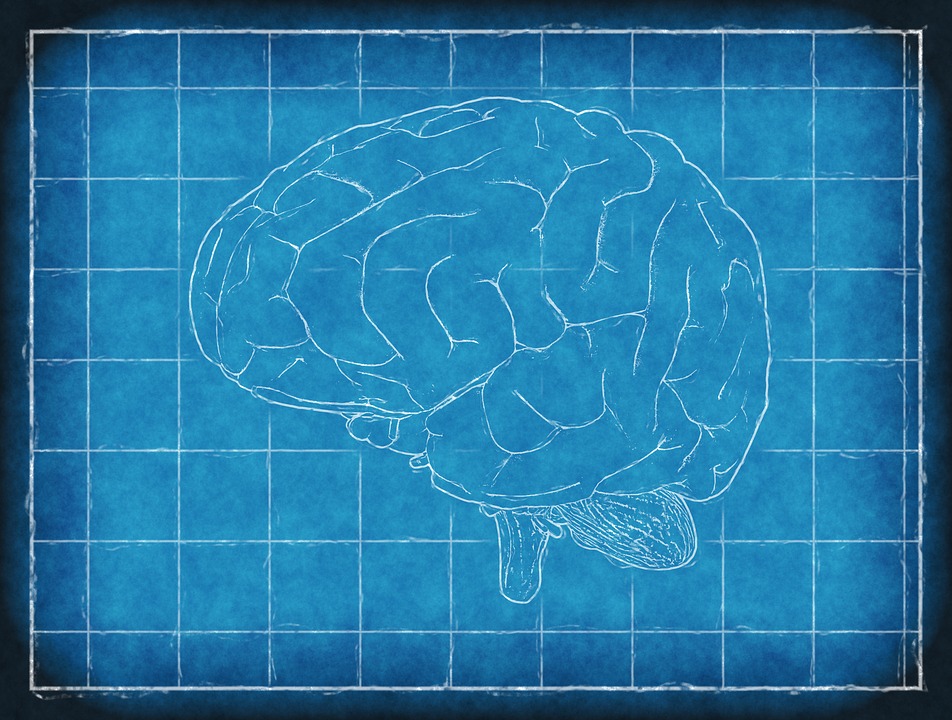Passive Listening

In the modern world It’s pretty rare to find the time to sit down, put on an album and listen to it in its entirety without distraction. Most listening is a track here or there, in the car, or on Alexa while making dinner or on the headphones while walking the dog. However that doesn’t mean the brain isn’t paying attention.
I think many people find this passive listening, or listening while the brain is mostly occupied with another task, to be a waste of time but I’ve never thought of it as such. I’ve found it to be indispensable.
Just like the rest of the brain – the musical brain seems to have an active and inactive part – or conscious and subconscious using more familiar terms.
A conscious musical thought might be “what is the next note of this melody?” whereas a subconscious musical thought might be “do these bars I just composed relate to the bars before them? or does it sound more like it’s own piece?”
I find when I am considering such matters my thoughts delve into a deep part of my brain where there are no crystal clear answers. In these instances I think what the brain is actually doing is comparing the item in question to your memory bank of music you’ve ingested passively or actively. It is comparing it and seeing if it meets the norm for what is convincing enough to be believable.
If you were writing the closing to a classical piece you might want to consider if your music sounds “ala finale” or “introductory” in its nature. I think the only way to do this is is to listen to a ton of music, more than you could ever listen to in formal study (active listening).